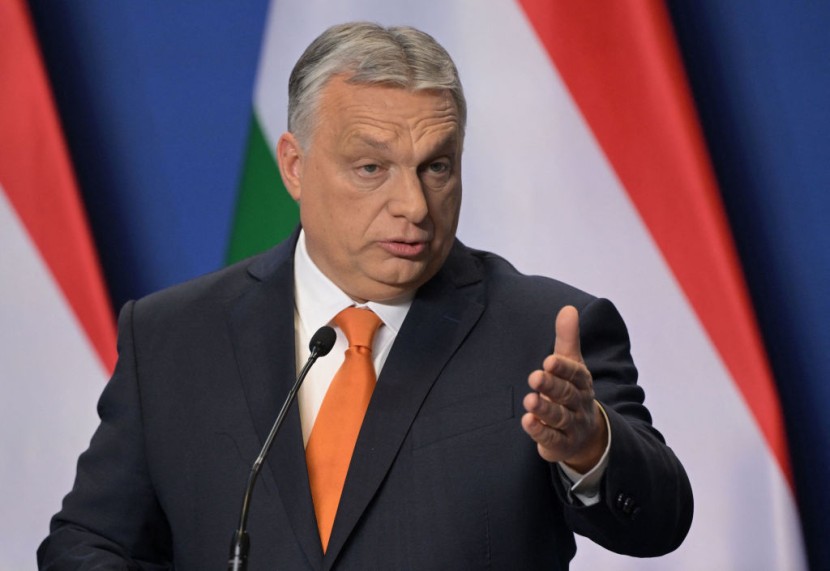Hungarian Prime Minister Viktor Orbán says Ukraine's government is infringing upon the rights of its Hungarian students. According to The Associated Press, roughly 75,000 ethnic Hungarians residing in the Ukrainian region of Zakarpattia are prohibited from speaking their native language in education and public administration settings.

As a result, Orbán's government has halted crucial European Union funding for Ukraine and has threatened to hinder the war-ravaged country's efforts toward eventually joining the Union, bringing diplomatic ties to a concerning stand-still.
The disagreement over language stems from Ukraine's efforts to reinforce its national identity after Russia-backed rebels took control of two regions in the country's east in 2014 and Moscow annexed Ukraine's Crimean Peninsula.
Focused on battling Russian influence yet ultimately affecting minority groups' languages, a law was passed in 2017 that deemed Ukrainian the required language of study past the fifth grade, angering Romanian, Bulgarian, and Hungarian minorities.
How Has Ukraine Responded?
However, as a sign of rectification, Ukraine modified its education and language laws in December to comply with the EU's membership requirements, restoring many of the language rights expected by Budapest.
The legislative changes "essentially gave the Hungarian community of Zakarpattia the opportunity to ensure its own existence for another 30 years," said László Zubánics, head of the Hungarian Democratic Alliance of Ukraine, a Hungarian interest group.
He continued, expressing that Ukraine's government has "gone beyond the nation-building effort that characterized the past years and now takes into account the interests of not only the majority nation but also of all minorities and indigenous peoples living on the territory of the country."
However, despite the amendment restoring the rights of national minorities to study in their native language, ethnic Hungarians see it as step one of the process. Hungary's government has declared they are not fully satisfied with the improvement, which poses a potentially volatile crossroad as EU leaders meet on Thursday to try to counter Orbán's veto of a 50-billion euro ($54 million) aid package earmarked for Kyiv.
"The law adopted at the end of last year in Ukraine undoubtedly deserves respect. It stopped a negative spiral," said Hungarian Foreign Minister Péter Szijjártó on Monday, following a bilateral meeting with his Ukrainian counterpart in western Ukraine.
"We don't see at all that the issue of national minorities has resolved... We still have a long way to go," quoted the AP.
Since Russia invaded Ukraine, Orbán has emerged as a consistent opponent of military and financial aid to Kyiv and sanctions against Moscow, using the Hungarian minority to justify his less than receptive support for Ukraine and subtly promoting their closest EU ally, Russian President Vladimir Putin.
Zubánics in Zakarpattia are mainly supporters of Orbán, but they also express their support for Kyiv's ambitions to join the EU. The group endorsed an open letter to Orbán in December urging him to remove his blockade of Ukraine's EU path.
But Hungary's government has remained firm despite the improving conditions for the Hungarians of Zakarpattia. It is not yet ready to fully support Ukraine. Zubánics noted this will require much greater efforts from both sides.
© 2026 HNGN, All rights reserved. Do not reproduce without permission.









